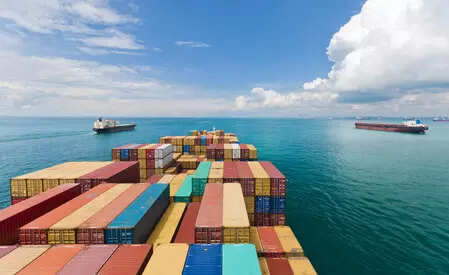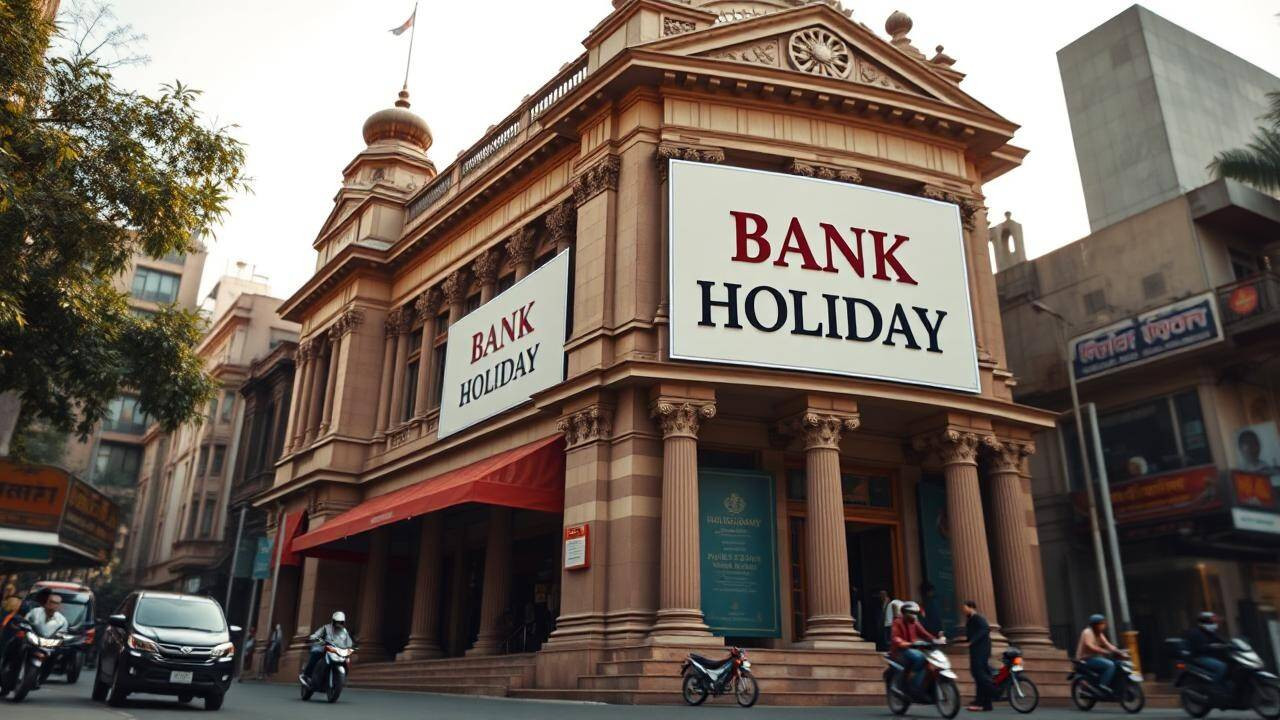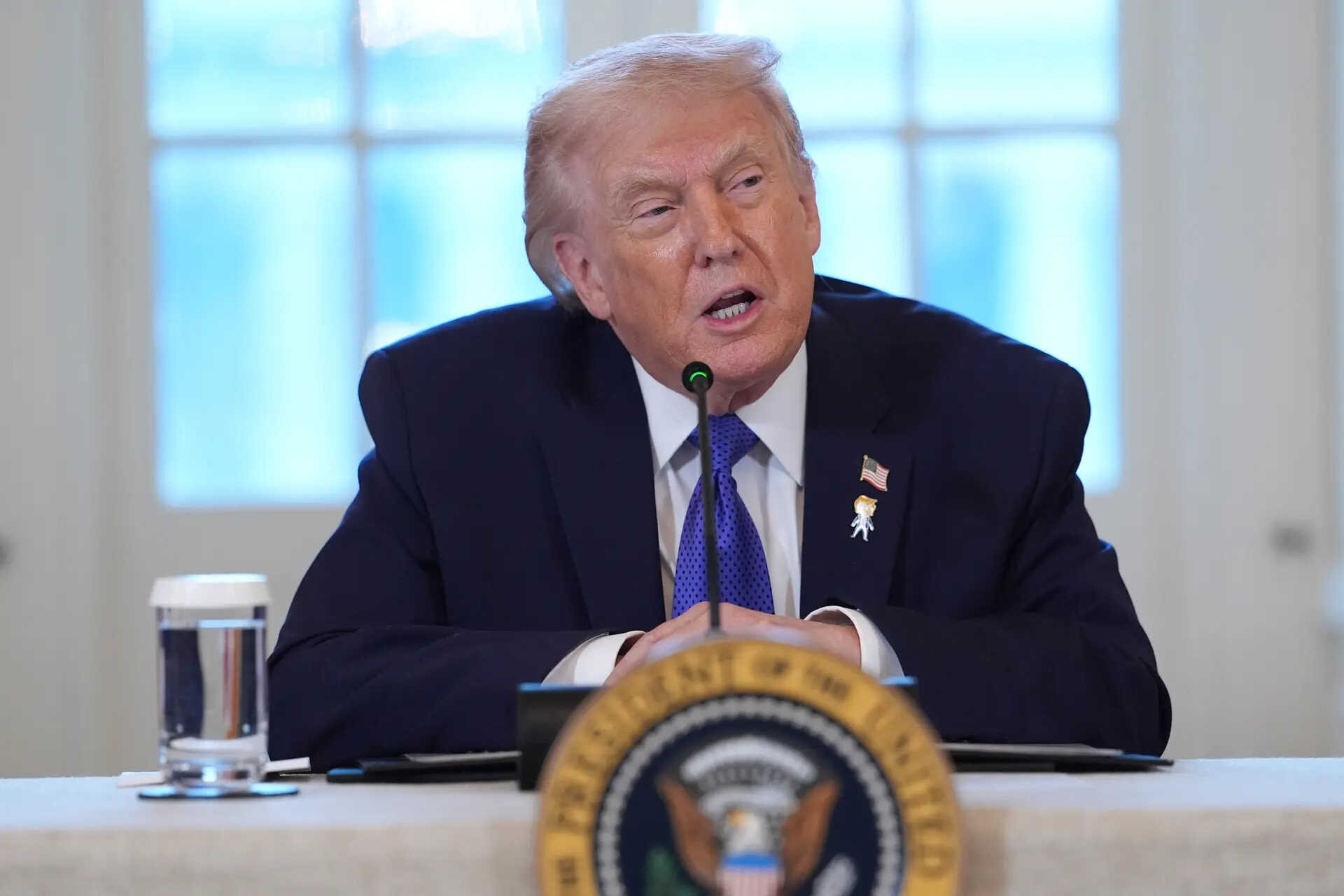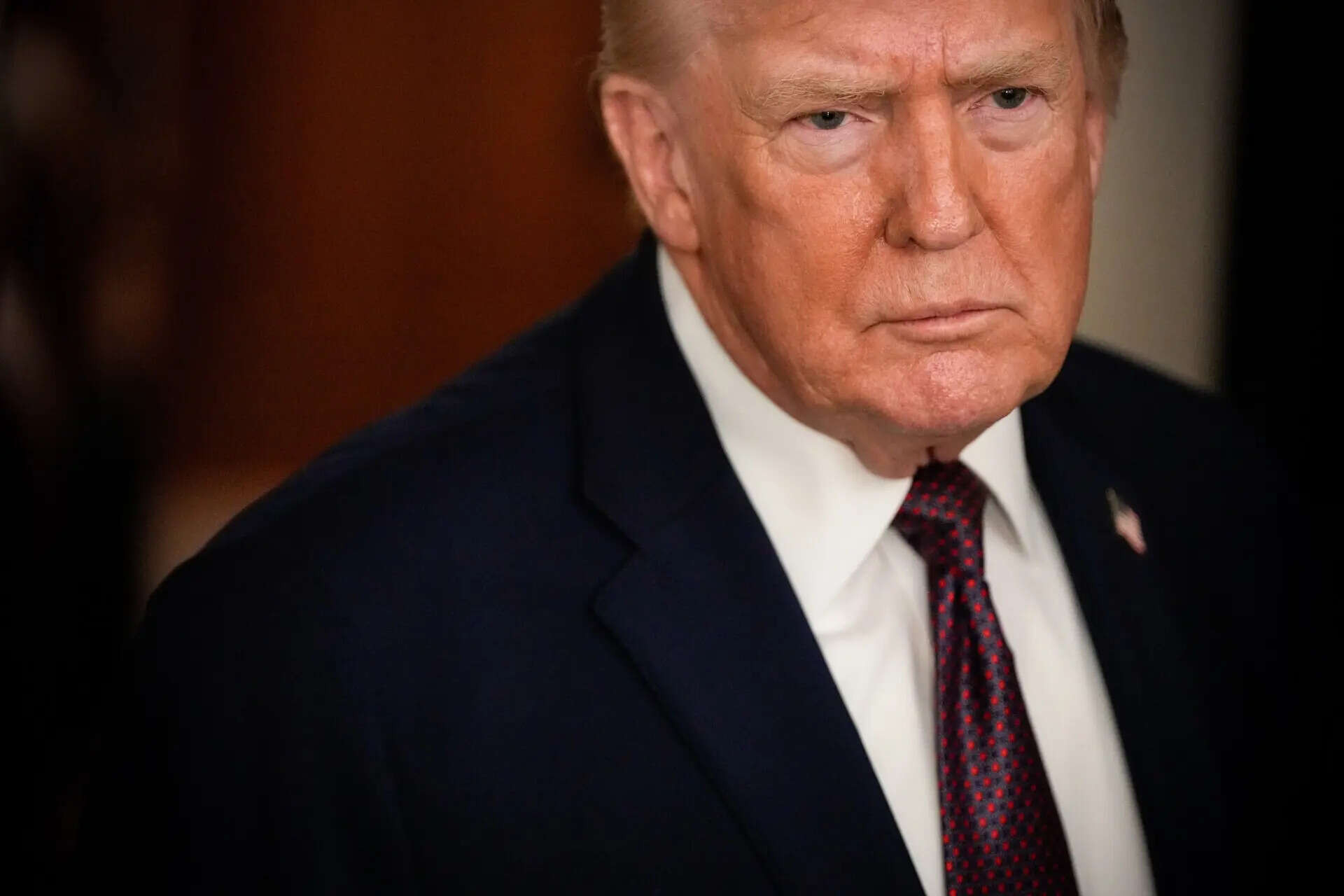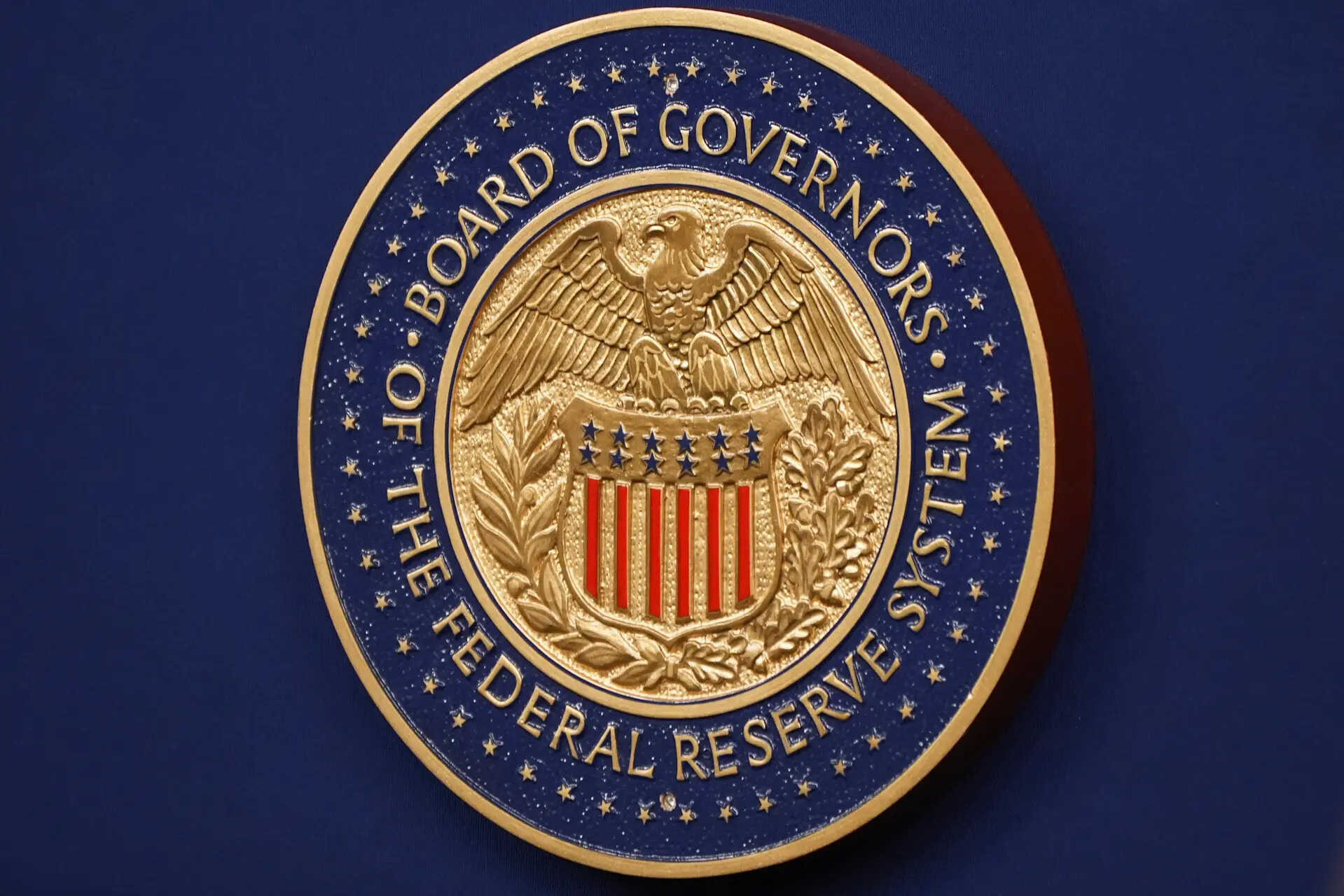Indian exporters face a major setback as the US imposes a steep 50% tariff on most Indian goods due to continued Russian oil purchases. The Federation of Indian Export Organisations (FIEO) expressed shock, highlighting that sectors like textiles and leather will be severely affected.
Navigating the Choppy Waters: US-India Trade and the MSME Tightrope Walk
The winds of global trade are rarely still. Lately, they’ve been whipping up quite a storm between the US and India, leaving many businesses, especially smaller ones, feeling a bit seasick. The Federation of Indian Export Organisations (FIEO) has raised a crucial point: escalating tariffs could seriously impact India’s Micro, Small, and Medium Enterprises (MSMEs). But what exactly is brewing, and how can these vital economic engines navigate these turbulent times?
The core issue revolves around potential retaliatory tariffs from the US. Imagine a sudden price hike on half of what you export – that’s the kind of scenario causing concern. While the specifics are still being ironed out, the potential consequences for Indian MSMEs, who contribute significantly to India’s export basket, are anything but abstract.
Why MSMEs are Particularly Vulnerable to US Tariffs
Think of an MSME. It’s likely a lean, agile operation. These businesses often operate with tighter margins and fewer resources compared to larger corporations. A sudden tariff increase from the US throws a wrench into their calculations. It can make their products less competitive in the American market, potentially leading to reduced orders and, ultimately, lower profits.
Furthermore, many MSMEs are deeply embedded in global supply chains. Increased US tariffs on Indian goods could disrupt these chains, raising input costs and creating logistical headaches. The FIEO’s warning underscores the reality that these businesses, while resilient, are particularly susceptible to external economic shocks. The potential imposition of these US tariffs is creating a ripple effect of anxiety.

The Sectors Facing the Strongest Headwinds
Certain sectors stand to be more affected than others. Engineering goods, textiles, and agricultural products are often cited as areas where Indian MSMEs have a strong export presence. If these sectors face higher tariffs from the US, the impact could be substantial. These businesses have spent years cultivating relationships and building market share. Losing ground now could have long-term consequences.
Consider a small textile manufacturer in Ludhiana, or an agricultural exporter in Maharashtra. These businesses rely on predictable trade conditions to thrive. Unexpected tariff hikes disrupt their ability to plan, invest, and grow. It’s not just about profit margins; it’s about livelihoods and the sustainability of entire communities. You can learn more about supporting Indian businesses by exploring the “Make in India” initiative.
Charting a Course Through the Storm: What Can Be Done?
While the situation is undoubtedly challenging, it’s not without potential solutions. One key strategy is diversification. MSMEs should actively explore new markets to reduce their dependence on the US. This might involve targeting regions with preferential trade agreements or focusing on emerging economies with growing demand.
Another crucial step is enhancing competitiveness. By investing in technology, improving efficiency, and focusing on innovation, MSMEs can strengthen their position in the global market. This might involve adopting new manufacturing techniques, developing unique product offerings, or streamlining supply chain operations.
Government support is also essential. Policies that promote export diversification, provide access to financing, and reduce regulatory burdens can help MSMEs navigate these challenges. Trade negotiations and diplomatic efforts to resolve tariff disputes are crucial to fostering a stable and predictable trade environment.
Adapting to the New Reality of US Trade
The potential for increased US tariffs represents a significant hurdle for Indian MSMEs. However, by embracing diversification, enhancing competitiveness, and leveraging government support, these businesses can weather the storm and emerge stronger. The key is to adapt, innovate, and remain resilient in the face of evolving global trade dynamics. The agility and ingenuity that define these enterprises will be crucial assets as they navigate this new reality. Success in the face of the potential US tariffs hinges on a proactive and strategic approach.
